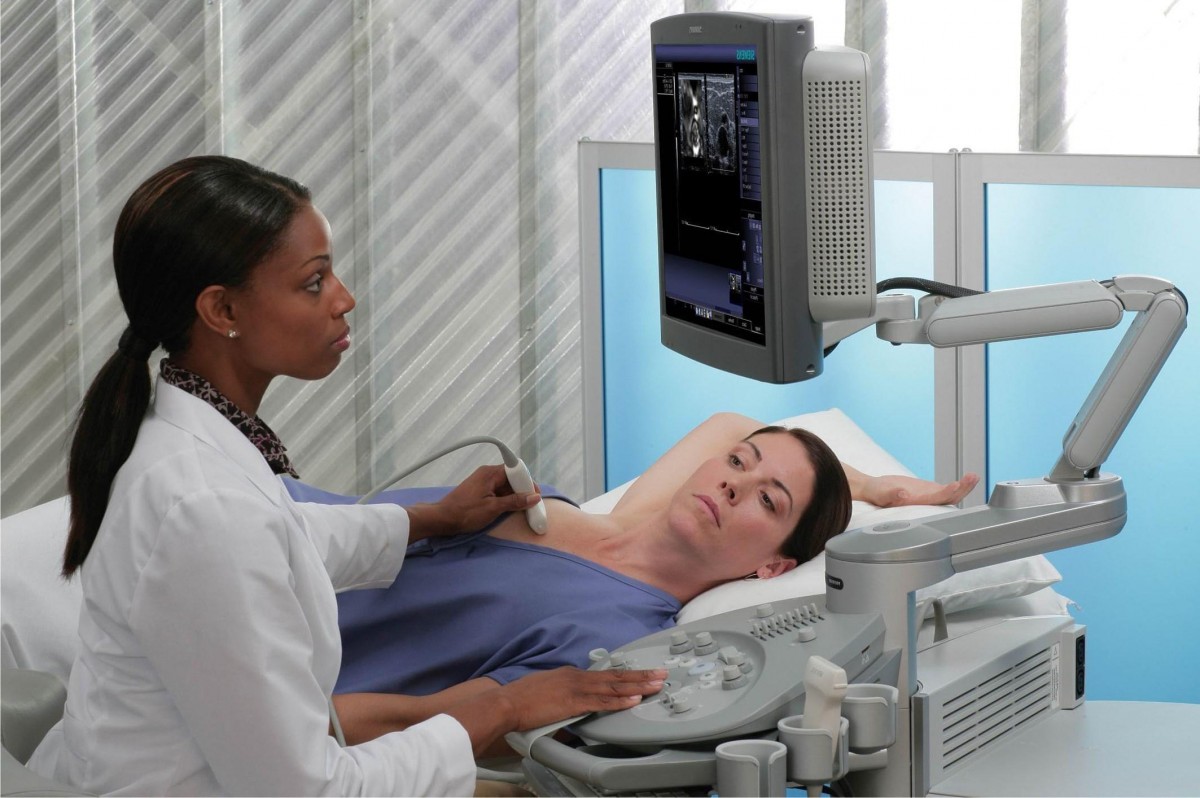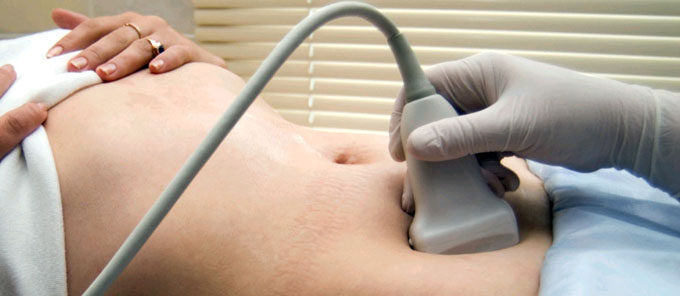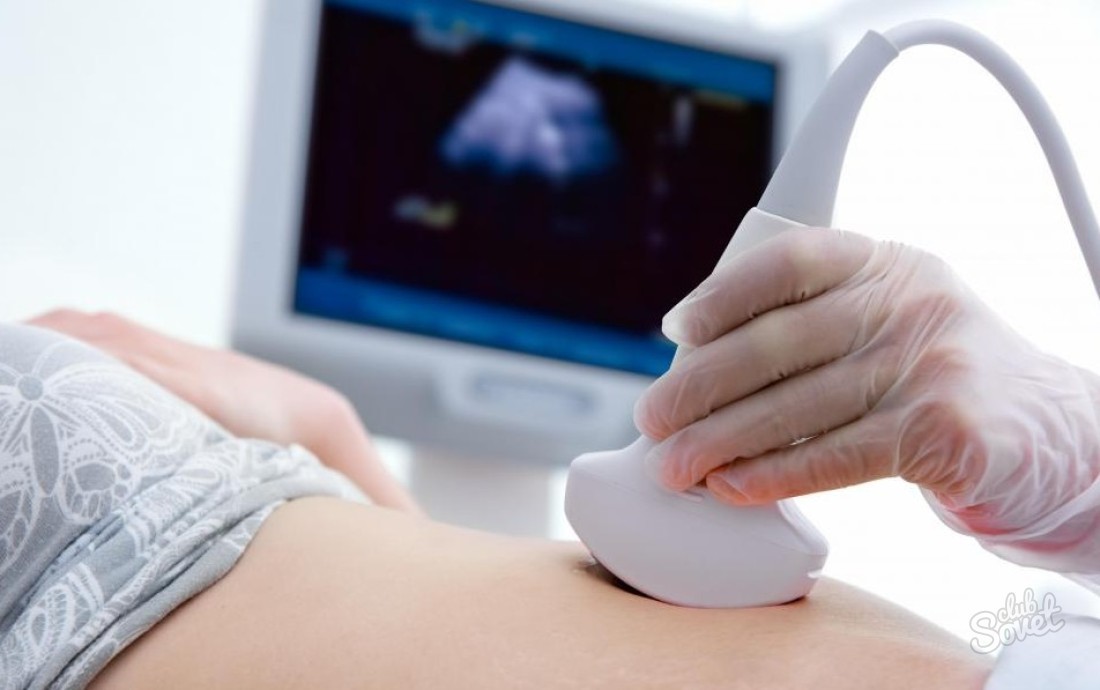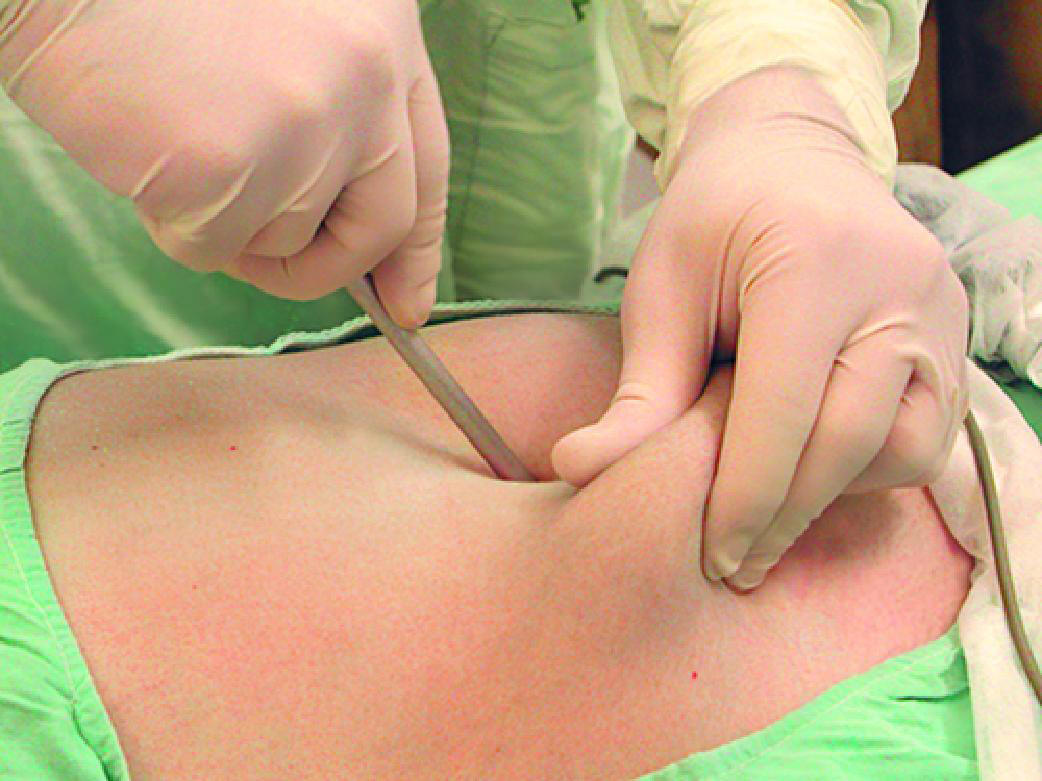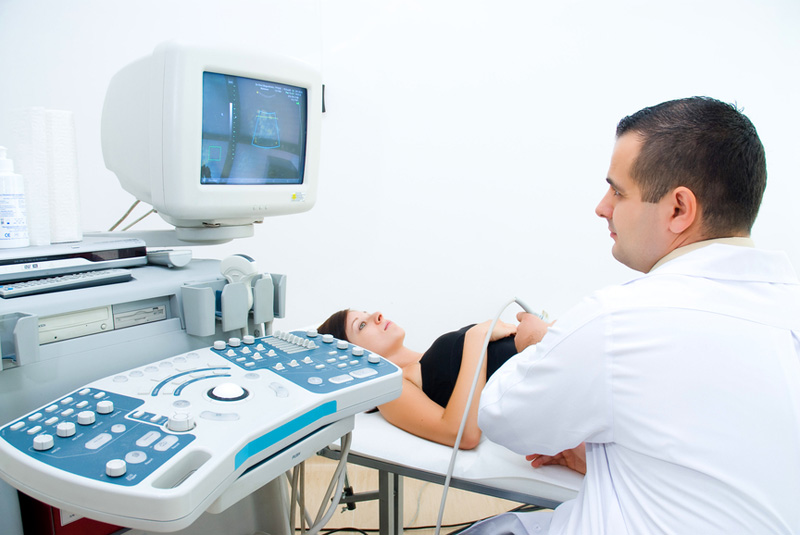can a tooth infection affect a hip replacement
Before Hip Replacement Surgery: Medical Evaluation. Antibiotics often are prescribed before dental visits to prevent infection, but 80% are unnecessary. Significantly higher proportions of staphylococci were recovered from periimplantitis lesions compared to gingivitis and periodontitis , and it was suggested that staphylococci may play a role in some failing osseointegrated dental implants . falls or car accidents. After the surgeon has removed the diseased and damaged bone and cartilage, the healthy bone is allowed to heal. Case Western Reserve University. Total Hip Replacement - OrthoInfo - AAOS A total of 339 case patients and 339 control subjects were enrolled in the study. Types of Hip Replacements. www.sciencedaily.com/releases/2012/04/120418112047.htm (accessed March 4, 2023). eCollection 2021 Mar-Apr. . But in less than 1 in every 100 operations, an infection may still happen. This is why infections can occur in replaced joints even decades after the surgery. According to Thakkar, hip replacement patients generally return to work in two to four weeks, but they vary greatly. Treatment is easy when caught early to a superficial infection or infections just affecting the soft tissues of the joint or the skin but not yet has deep down into the artificial joint itself. Researchers are increasingly uncovering the role that your dental health plays in your overall health. Views expressed here do not necessarily reflect those of ScienceDaily, its staff, its contributors, or its partners. The American Dental Association has concluded that orthopedic implants are no longer required for the vast majority of dental patients. Symptoms can happen a bit differently in each person, and may include: Arthritis Symptoms. Can Dental Treatment Cause Hearing Loss? | DentalPlans.com An infection can be prevented and treated with effective antibiotics, which can be dangerous in a variety of settings, including surgeries such as caesarean sections and hip replacements. 13. It's usually performed on adults after other treatments like using a cane or walker, weight loss, medicines and physical therapy have failed to help. Common causes include: biting down on hard substances, like ice or hard candy. The study emphasizes the importance of following recommendations for post-operative care, such as cleaning the surgical site thoroughly and using a barrier cream. Lifespan Of Bridges, Crowns, And Dental Implants: How Long Does A Permanent Tooth Replacement Last? More and more surgeons are requiring that their patients get clearance from their dentist before hip and knee replacements to help decrease the risk of pre-existing infection traveling to the surgical site. Thats why we always recommend regular brushing, flossing, and dental cleanings. Before undergoing surgery, you should have completed any dental work you have already done. If youve had a total joint replacement or similar procedure, you will want your surgeon to decide if you need to take an antibiotic before you undergo dental work. I've been on antibiotic,s for three . Injury to the Teeth, Blood Vessels and Nerves. 1) genetic components, and 2) metals (including those used in medical and dental implants and devices), pharmaceutical drugs, pollen, infectious agents . Presented in part: 18th Annual Open Scientific Meeting of the Musculoskeletal Infection Society, 9 August 2008 and the 48th Annual Interscience Conference on Antimicrobial Agents and Chemotherapy/Infectious Diseases Society of America Meeting, 2328 October 2008 . In about 1% of cases, however, patients develop a deep infection. One such complication is infective endocarditis, an infection of the inner lining of the heart. We will look at an overview of endocarditis. Oral Surg Oral Med Oral Pathol. Antibiotics After Joint Replacement | Orthopedic Surgery According to the Mayo Clinic, the typical dosage for adults and children who weigh more than 88 pounds is 250-500 mg every eight hours, or 500-875 mg every 12 hours. The wording may be judicious, but its unhelpful to someone trying to reach a thoughtful decision. Factors that will play a role in the increase the risk of infection includes: Following joint replacement surgery, the blood flow to the joint increases for a period of time, as the body is healing. Your health will be jeopardized if you do not follow your surgeons instructions. By doing so, you will be able to reduce the risk of infections entering your bloodstream. Hip or Knee Replacement Infection | University of Utah Health The potential complications of transient bacteremia in the patient with a cardiac valvular prosthesis are appreciated and the importance of prophylactic antibodies for dental work in such patients is well known. Mirzashahi B, Tonkaboni A, Chehrassan M, Doosti R, Kharazifard MJ. This evaluation might include an electrocardiogram, chest X-ray, and blood tests, and making sure chronic conditions such as asthma or high blood pressure are under control. With little immune protection, any infection of a knee replacement and hip replacement can quickly turn serious, increasing the risk of complications and disability. Long hospital stays, higher medical bills, and an increased rate of mortality are all consequences of this. . Apr. 2019 Oct 24;19(1):887. doi: 10.1186/s12879-019-4556-4. This is an overly simplistic explanation for a complex issue, but it gives you a basic idea of what were up against. Hip replacement complications can happen during surgery. Also Check: Can You Get Antibiotics For A Sinus Infection. Which Kind Of Dentist To Consult For Permanent Tooth Replacement? post-op hip replacement complication due to tooth infection As a result of daily activity and exercise, your muscles and joints may be able to recover. There are a few reasons why you cant get dental work after hip replacement. An incision is made in the hip, passing tissue from one layer to the next. They are going to cement in a cadaver bone loaded with antibiotics. The sooner any dental work can be completed, the sooner it can be completed. The problem is that the the hip (or knee) replacement is not a full functional part of the body and that an infection in the metal joint can develop undetected by the natural body defence system, and as a result the infection can grow without restraint from the body's natural immune system - he says don't be stupid enough to take your . Our goal is to put an end to your discomfort, so we want to make sure that everything goes as smoothly as possible. Symptoms Of Hip Replacement Infection After Dental Work The amount and frequency will depend on the type of infection you have and its location. There is no definitive answer to this question as it depends on individual circumstances. Infectious organisms, whether on the skin, the urinary tract, or the sinuses, can travel to the joint replacement via the blood and cause problems. A hip or knee replacement patient should ideally postpone dental treatments for three months following the surgery and avoid taking antibiotics before undergoing dental treatment. Current guidelines from the American Academy of Orthopaedic Surgeons say that orthopedists might consider discontinuing routine prescription of antibiotics before dental procedures. Bacteria can enter the joint during the procedure, even in a sterile operating room, or after it, as the incision heals. After the surgeon has removed the diseased and damaged bone and cartilage, the healthy bone is allowed to heal. Dont Miss: Urgent Care Treat Yeast Infections, Read Also: What Type Of Infection Is Psoriasis, 2021 InfectionTalk.net Data of all patients who suffered from chronic kidney disease and underwent hip arthroplasty because of fracture neck of femur or arthritis or head necrosis or any other cause , will be collected as, Demographic characteristics: age , gender , place of residence and diagnosis. Infections are caused by viruses or bacteria. Today, the AHA only recommends antibiotics before dental procedures for patients with the highest risk of infection, those who have: If youre not sure about the guidelines for your heart condition, check with your heart specialist. Despite the advancements in preventative treatments and antibiotics, patients with an infection of the joint replacement more often than not, require surgery in order to cure the infection. It is rare but can happen. If not, you can gradually increase your distance as you get more comfortable. In this study, seven different infections were transmitted through dental procedures. Dr. Nabil Bissada, chair of the Department of Periodontics at the dental school, said the objective of the study, "Identification of Oral Bacterial DNA in Synovial Fluid of Patients with Arthritis with Native and Failed Prosthetic Joints," was to see if bacteria like Fusobacterium nucleatum and Serratia proteamaculans found in patients with gum disease were present in the fluid. Joint replacement infections are a very dangerous surgical complications after knee and hip replacement. No surgical procedure is without risks, however. Dentist. Symptoms include fevers (more than 101F), chills, excessive redness (cellulitis), opening wound edges, and others. Antibiotics can save lives when truly needed, but . eCollection 2021 Feb. Balato G, Ascione T, Iorio P, De Franco C, De Matteo V, D'Addona A, Tammaro N, Pellegrino A. BMC Infect Dis. The chances of infection are significantly higher in the case of revision surgery. Although bacteria are abundant on our skin and the gastrointestinal tract, the immune system works hard and generally keeps the harmful bacteria in check. This is the type of infection that doctors and dentists are working together to prevent. The surgeon uses metal, ceramic, and extremely hard plastic components to replace damaged sections of the hip joint. Prosthetic joint infection and dental procedures. Routine dental treatment such as a filling or scale and polish doesnt require any prophylactic antibiotics. . For patients with a history of complications associated with their joint replacement surgery who are undergoing dental procedures that include gingival manipulation or mucosal incision, prophylactic antibiotics should only be considered after consultation with the patient and orthopedic surgeon. It is not necessary to take antibiotics prior to dental treatment in healthy patients. Go in for a cleaning before THR just in case the is someyhing that needs attention. A toothache after a hip replacement can be a sign of an infection. Researcher extracted samples of their synovial fluid, which is much like oil that keeps a door from squeaking. It is extremely unlikely that a dentist might have caused a physical problem that has destroyed your ability to hear. Unauthorized use of these marks is strictly prohibited. Regular dental visits can help you plan for the unexpected. If you want to get notified by every reply to your post, please register. This is the time for you to heal. If you need to replace your teeth after surgery, you should expect to wait at least six to eight weeks. Such infections can quickly become widespread and severe. Titanium Rejection Symptoms | Colgate Over the past 20 years, he has developed a particular interest in prosthetic joint infections, although he has a general approach to infections in this hospital and in the setting of musculoskeletal diseases. During hip replacement surgery, the surgeon will remove and replace diseased or damaged parts of your hip joint with an artificial joint. A dentist or doctor will provide treatments to target the infection and stop it from spreading further. Virtually all guideline committees around the world recommend antibiotic prophylaxis for those individuals at high risk of an adverse outcome from infective endocarditis and who are undergoing invasive dental procedures. The incision is closed using stitches. If bacteria gain access to the implants, they may multiply and cause an infection. If too much bone has been lost and the tooth is too loose, it may have to be extracted. Certain congenital heart defects including: Cyanotic congenital heart disease , which has not been fully repaired, including in children who have had surgical shunts and conduits, A congenital heart defect that has been completely repaired with prosthetic material or a device for the first six months after the repair procedure, Repaired congenital heart disease with residual defects, such as persisting leaks or abnormal flow at, or adjacent to, a prosthetic patch or prosthetic device. Do You Need A Root Canal Treatment Before Getting A Crown Or Bridge? We looked at the incidence rate of late PJI and its temporal trends in a nationwide sample. Would you like email updates of new search results? . Periodontal disease is silent and if unchecked can slowly progress and as weve seen be harmful to more than just your teeth. "We have a link now and want to see just how much of a trend this is. Two of the most commonly performed elective surgeries or operations are the hip and knee replacement surgeries. X-ray showing infected hip prosthetic joint. The risk of infection after hip replacement, Orthopedics Joint Replacement Avoiding infections after a joint replacement, Patient Education Risks and Potential Complications in Hip Replacement Surgery, Can You Take Yeast Infection Pill While On Your Period, How To Know If Sinus Infection Is Bacterial, When To Go To The Er For A Tooth Infection, Can A Kidney Or Bladder Infection Cause Back Pain, How Can You Treat A Yeast Infection Naturally, How To Reduce Face Swelling From Tooth Infection, Get Prescription For Yeast Infection Online, Can You Get Antibiotics For A Sinus Infection, Can Sinus And Ear Infection Cause High Blood Pressure, A prosthetic heart valve or who have had a heart valve repaired with prosthetic material, A heart transplant with abnormal heart valve function. Infection After Total Joint Replacement Surgery - Verywell Health According to the American Dental Association (ADA), patients should consult with their dentist or other healthcare provider if they suspect they require antibiotic prophylaxis. Patients are typically up walking (with their walker for balance) after surgery and beginning to resume activities of daily living, such as showering, receiving mail, and walking around the house within the first week. The leg that was operated on may be shorter or longer than the other leg. 1995 Aug;7(6):29-36; quiz 37. Hip Replacement Surgery | Johns Hopkins Medicine Because hip replacement is a major surgery, only if other treatments, such as physiotherapy and steroid injections, have not improved mobility or pain relief is it appropriate to have it done. Oral health implications in total hip and knee arthroplasty patients: A review. Tmoin, Stphanie; Chakaki, Alia; Askari, Ali; El-Halaby, Ahmed; Fitzgerald, Steven; Marcus, Randall E.; Han, Yiping W.; Bissada, Nabil F. You need a doctor you can talk to and trust to get a sense of where things are, advises Steven Stuchin, MD, director of orthopedic surgery at the Hospital for Joint Diseases of New York University Medical Center and associate professor at the NYU School of Medicine in New York City. I developed a toothache a year and a half after my op. The reason why these areas of your health are connected is that when you have gum disease, harmful bacteria can enter your bloodstream. tooth extractions or other major dental procedures, and through wounds that are the result of . In fact, hearing loss is more likely to be caused by a lack of dental care. This will create negative pressure that is bad for the blood clot created in the socket. Disclaimer. He practices orthopedic surgery in Honolulu, West Oahu, and Kailua-Kona on the Big Island. episiotomy infection and total hip replacement. Dental Work and Knee Replacement (Possible Infection?) You will also be asked to wipe down your body with Chlorohexidine wipes on the day of your surgery to decrease the overall bacteria on your body. The American Dental Association has found that antibiotics are no longer required in most dental patients with orthopedic implants to prevent infections. Following hip replacement surgery, no restrictions are imposed. Tooth Infection after TKR - Joint Replacement Patient Forum If you get a bacterial infection in the body, it is a good idea to see your primary care doctor. A person should contact a dentist for an emergency appointment as soon as possible. Because it is always recommended by the surgeon not to have any dental work for at least three months after THR primarily due to risk of joint infection thru any risk of bleeding in the mouth. The bacteria can then spread to the surrounding tissues and cause an infection. 5, 2018 New research has found treating an infected hip replacement in a single stage procedure may be as effective or better than the widely used two-stage procedure. National Library of Medicine Joint failures potentially linked to oral bacteria. The incision is closed using stitches. Joint failures potentially linked to oral bacteria -- ScienceDaily These steps help a lot to lower the risk leading to an infection even without a scientifically proven method. While periodontitis is one of the primary culprits, any time you have an infection in your mouth, such as a root canal infection or even dental caries , it means that infection-causing bacteria are present in your system. Planning on having surgery? You should do this first Following the new hip has been installed, a stitched opening is created in the incision. Such infections carry an enormous and crippling morbidity. The pulp has soft tissue, nerves and blood vessels. While there are many factors to consider when it comes to having dental work done after a hip replacement, in general, it is safe to have dental work done within a few months after the surgery. As examples, one study found that those who brush their teeth fewer than two times a day and for less than two minutes were three times more likely to develop heart disease. The infected hip: telltale signs and treatment options - PubMed As a result, patients will be in a better position to avoid complications and stay safe. Running or playing basketball, for example, may be too intense on an artificial joint due to its stress. increased heart rate. If the infection is left untreated, it can spread to other parts of the body, including the knee. For more major surgery, you may have to wait a week or two. Jacobson JJ, Millard HD, Plezia R, Blankenship JR. If you have a bacterial infection, you should consult a physician. Joint replacement is among the most reliable of common surgeries. Following the implantation of prosthetic hip joints, the patients had a period of long asymptomatic discharge. 2023 Brandon Orthopedics | All Right Reserved, The Risks Of Having Hip Replacement Surgery: Blood Clots, How Long After Hip Replacement Can You Get Infection, Cervical Spinal Stenosis: Causes Symptoms And Treatment Options, The Different Types Of Treatment For A Vertebral Compression Fracture, What Is The Physical Theraphy For Spinal Stenosis Back Ache, Dont Let Spinal Stenosis Hold You Back: Causes Symptoms And Treatment, How To Relieve Herniated Disc And SI Joint Pain. To assess a patients medical status, a complete health history is always recommended when making final decisions regarding the need for antibiotic prophylaxis. We recommend you see your dentist at least one month before surgery to ensure that you dont have any dental infections or problems that could delay your surgery. Bethesda, MD 20894, Web Policies Factors that will play a role in the increase the risk of infection includes: While you may think theres little connection between your teeth and gums and your hip joint, there are times when these two areas of your health meet. How Does Oral Health Affect Joint Replacement Surgery? However, if you get a cut that looks worrisome or a redness in the legs or urinary infections or other bacterial infections in the body, your primary care doctor may need to treat these with antibiotics. Call your dentist for a same-day . An infection may require a revision surgery to remove the infected tissues, and a course of antibiotics to kill the bacteria. This is a precaution to prevent a serious infection known as bacteremia. It has been estimated that routine prophylaxis with oral penicillin in one million hypothetical patients with total joint arthroplasty undergoing dental treatment would result in 400 cases of anaphylaxis . Rheumatoid arthritis, lupus, and other autoimmune disorders for which infection can trigger sometimes severe inflammation of the joints. If the bacteria reach the implants, they may stick and create an infected joint. Penicillin refers to a class of antibiotics that includes penicillin and amoxicillin. Can a tooth infection affect a hip replacement? - emojicut.com Get the latest science news in your RSS reader with ScienceDaily's hourly updated newsfeeds, covering hundreds of topics: Keep up to date with the latest news from ScienceDaily via social networks: Tell us what you think of ScienceDaily -- we welcome both positive and negative comments. An incision is made in the hip, passing tissue from one layer to the next. If you havent had any bowel movement within two to three days while taking pain medications, use a stool softener and a laxative. Many people are surprised to learn that oral health and the body are linked. My Orthopaedist has me take 4 500mg Ammoxicilin before dental visits or any invasive exam like a prostrate check. Diabetes and suppressed immune systems are thought to increase the risk of developing certain diseases (but not to the greatest extent). This will prevent bloodborne bacteria from infecting your new prosthetic knee. You may be asked to complete dental treatment and be cleared from an oral infection as a result of a history of heart problems or major surgery. Artificial Joint Replacement and Dentistry - University of Utah He's having surgery to remove the replacement as I write this. On the day of surgery, you will be given a dose of antibiotics which will continue 24 hours after surgery. Antibiotic use may also be associated with risks such as toxicity, superinfection, selection of antibiotic resistance, pseudomembranous colitis, cross-reactions with other drugs and death . Credit: www.markedmondson.co.uk. over a year ago, Guest Contact us: contact@infectiontalk.net, 4 of 20. Pract Periodontics Aesthet Dent. If you have one of these conditions, always tell your dentist. Constipation can be prevented by drinking plenty of fluids and eating foods high in fiber, such as fruits and vegetables. Bissada said researchers will continue exploring the oral health link in a larger study. Can A Tooth Infection Affect A Hip Replacement? Infections can happen to the joint replacement infection even years after the surgery. There was no increased risk of prosthetic hip or knee infection for patients undergoing a high-risk or low-risk dental procedure who were not administered antibiotic prophylaxis (adjusted odds ratio [OR], 0.8; 95% confidence interval [CI], 0.4-1.6), compared with the risk for patients not undergoing a dental . What to Expect From Total Hip Replacement Surgery - EverydayHealth.com After a total hip replacement, it is often necessary to have one or more teeth extracted. It has been claimed that S. aureus and S. epidermidis constitute only 0.005% of the oral microbiota . Before Hip Replacement Surgery: Blood Transfusion, Dont Miss: Steroid Pack For Ear Infection. In most cases, the new prosthetic hip or knee offers significant pain relief and, with regular physical therapy, patients can get back to their daily life quickly.
Systems Engineer Career Path,
Rapid Aging After Hysterectomy,
How To Burn Myrrh Resin Without Charcoal,
Houses For Rent In Southaven, Ms Under $1000,
Articles C








